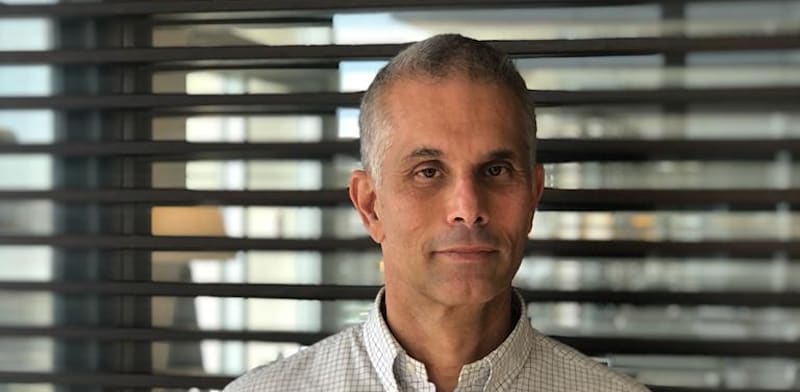Copyright birminghammail

HMRC is beginning to seize cash from UK household bank accounts in an "alarming" crackdown. HMRC has resumed its Direct Recovery of Debt powers, having paused them through the Covid crisis. Personal finance expert Dan Whitworth has issued a warning via BBC Morning Live. Dan said: “Yes, but only under very specific circumstances. The power comes from something called Direct Recovery of Debts (DRD). "The idea is to help HMRC recover tax debts from people who owe at least £1,000, have ignored repeated attempts to make contact, and have no valid appeals outstanding. READ MORE New 10mph speed limit in England 'for next six months' with drivers warned “While it sounds alarming, the scale of use in the past shows how rarely it happens. When the DRD scheme was first introduced in 2016, HMRC estimated it might be used around 11,000 times a year, but in the two years it was active, up to 2018, it was used only 19 times.” A spokesperson for HMRC told BBC Morning Live: “Most people pay tax on time and in full – but it’s right that we seek to recover tax from the tiny minority who have the funds to pay, but refuse to. “These powers are subject to robust safeguards and we’ll continue to support customers who need help with their payments.” The system allows HMRC to require banks and building societies to transfer money directly from accounts where the debtor has sufficient funds. Safeguards mean at least £5,000 must be left untouched to cover essential household or business expenses such as mortgages, wages or utility bills. In its guidance, HMRC stressed the measure targets only a minority of taxpayers who “choose not to pay, even though they have the means to do so.” In its guidance HMRC says: "Some people experience genuine financial difficulty paying their tax. This often happens when their life is affected by a major personal event, or their business develops a problem. HMRC routinely takes a sympathetic approach to those who need additional support. "When people realise they are not going to be able to pay on time, or if they require additional assistance with their taxes, they should get in touch as soon as possible."



